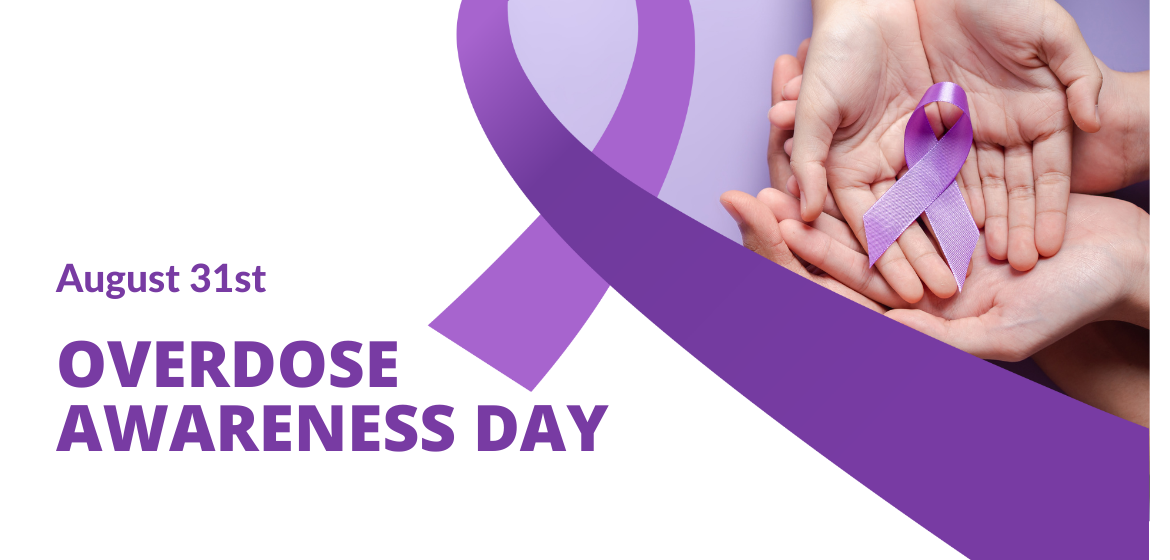
Overdose Awareness Day: Understanding the Crisis, Saving Lives
Overdose Awareness Day, observed annually on the 31st of August, is a solemn yet vital occasion to confront a public health crisis that has claimed countless lives. It is a day to remember those lost, to support survivors, and to galvanise communities in the fight against overdose.
The growing issue of opioid addiction in Ireland, in particular, has cast a long shadow over countless families and communities. One person dies from a drug overdose every day in Ireland. Its grip is pervasive, affecting individuals from all walks of life, regardless of age, race, or socioeconomic status. The factors contributing to this crisis are complex and multifaceted, encompassing the overprescription of opioids, the illicit drug trade, and the devastating impact of mental health conditions.
The statistics surrounding overdose are sobering and serve as a stark reminder of the urgency of the situation. Each overdose death represents a life cut short, leaving behind grieving families and communities grappling with immense loss. While these numbers are a stark reality, they also underscore the potential for change and the importance of collective action.
It is essential to emphasise that overdose is preventable. By increasing public awareness, reducing stigma, and expanding access to life-saving interventions, we can significantly reduce the number of overdose deaths. Overdose Awareness Day presents an opportunity to highlight the effectiveness of evidence-based strategies, such as harm reduction programs, addiction treatment services, and naloxone distribution.
Importance of Education in Overdoes Awareness
To make a tangible impact, individuals can play a crucial role in preventing overdose. Educating oneself about the signs of overdose, learning how to administer naloxone, and knowing where to access local resources are essential steps. Sharing information with friends, family, and colleagues can help spread awareness and potentially save lives.
Moreover, supporting organisations dedicated to addressing the overdose crisis is vital. These organisations provide essential services, including addiction treatment, harm reduction programs, and support groups. Volunteering time, donating funds, or advocating for increased funding can make a significant difference.

Challenging the stigma surrounding substance use and addiction is another critical component of the solution, as has been mentioned ‘in a way, stigma is the leading cause of death’. By fostering a culture of compassion and understanding, we can create a more supportive environment for individuals seeking help. It is essential to recognise that addiction is a chronic disease and that recovery is possible.
For those struggling with substance use, it is crucial to know that help is available. There are effective treatment options and support systems in place to assist individuals on their path to recovery. Overcoming addiction is a challenging journey, but it is not impossible.
Overdose Awareness Day serves as a powerful reminder of the collective responsibility to address this crisis. By working together, we can create a future where overdose is no longer a pervasive threat. It is a call to action to prioritise prevention, treatment, and recovery, and to honour the memory of those lost by building a healthier and safer community for all.






















